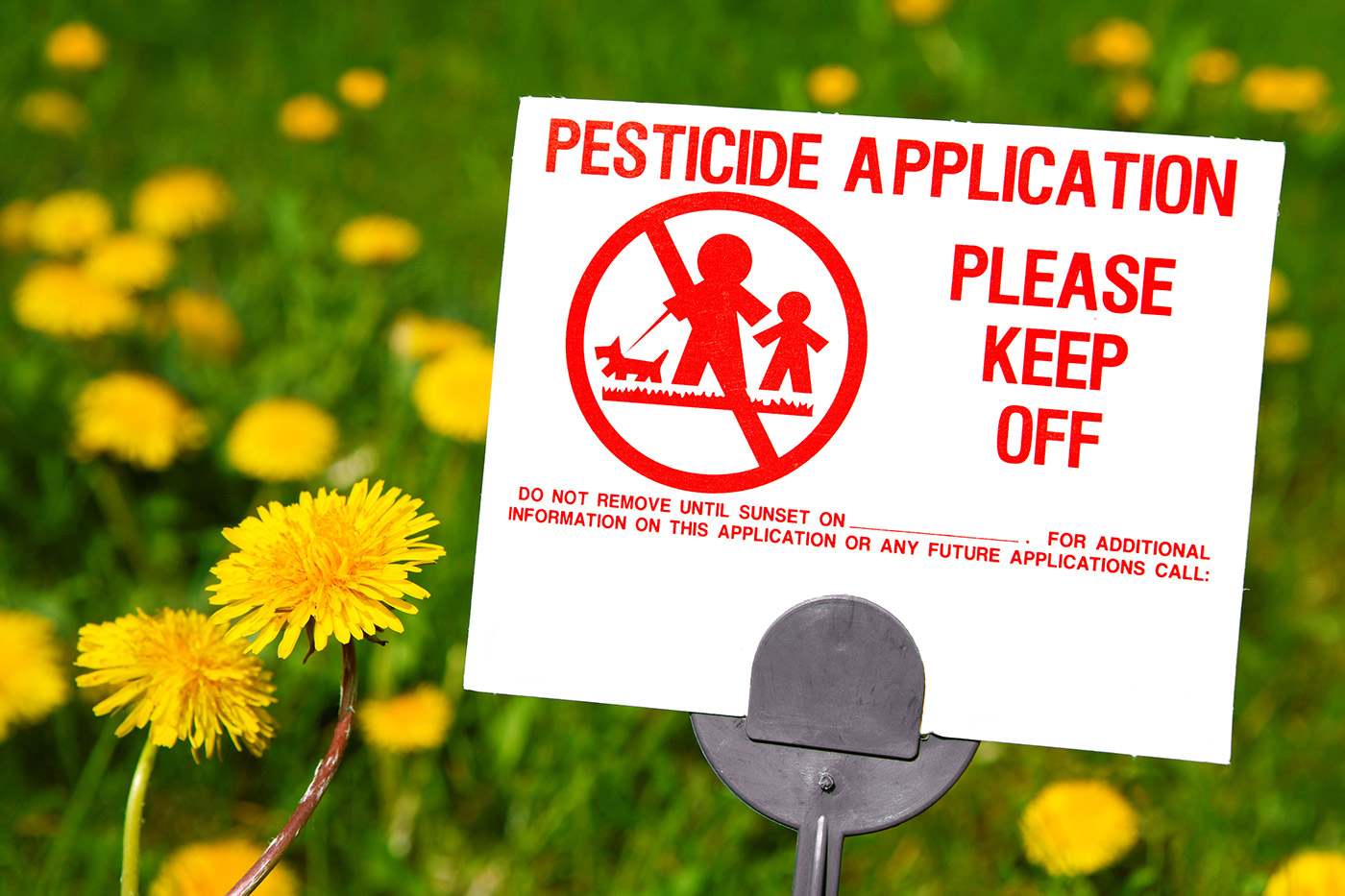
The State of Oregon has added its name to a growing list of lawsuits against the agrichemical empire, Monsanto, alleging that the company knew about the toxic effects of polychlorinated biphenyls (or PCBs) for decades but did nothing about it. Attorney General Ellen Rosenblum, who filed the suit in the Multnomah County Circuit Court, accused the company of having known about the harmful effects of PCBs since 1937 – over 40 years before the government banned the chemical from being used in the production of widely circulated commodities like paint and oil.
Rosenblum
According to Rosenblum’s statement, Monsanto behaved in a grossly negligent fashion, “[a]nd, now, Oregon is paying a big price as PCBs are being dredged up in river sediments and measured in the tissues of fish and wildlife throughout the state.” Referring to a superfund site at Portland Harbor, the AG cited at least $100 million in costs associated with the company’s alleged refusal to prevent the spread of PCBs.
Moreover, Rosenblum noted the particular hardship associated with PCBs: “PCBs are extremely hard to get rid of — and it will take significant time and resources to fully clean them up. It only makes sense that the manufacturer of these PCBs, Monsanto, help clean up this mess with dollars.”
Deny, Deny, Deny
Unsurprisingly, Monsanto denied the AG’s claims. “This lawsuit is baseless and undermines the ongoing EPA cleanup efforts, and Monsanto will defend itself accordingly,” said Vice President Scott Partridge. The VP doubled down on the company’s refusal to accept responsibility, saying, “[Monsanto] voluntarily stopped producing PCBs more than 40 years ago and didn’t use or dispose of any PCBs in the state of Oregon.”
About PCBs
In addition to being difficult to clean, PCBs are also incredibly toxic. According to the EPA and the International Agency for Research on Cancer (IARC), the chemical is a probable carcinogen and could be linked to reproductive issues, as women working around PCBs “showed decreased birth weight and a significant decrease in gestational age.” Moreover, exposure to the chemical could be linked to neurological effects that could, in turn, lead to learning disabilities. These are just some of the public health effects of PCBs.
And since PCBs were used in the manufacturing of products as diverse as electrical equipment, inks, flame-retardents, surface coatings and paints, the effects have been widespread. Specifically, the chemical tends to spread when products containing PCBs are burned or kept in landfills. From there, they can make their way to water sources. PCBs work insidiously by attaching themselves to sediment or hard matter in rivers and lakes, where they can remain for long periods of time, slowly releasing into the water and even the air.
Le Monde Report
The claims made in Rosenblum’s complaint are not surprising considering the mountain of incriminating data that has emerged over the years. A recent (award-winning) article published in Le Monde, compiled loads of research, illuminating the various methods employed by the company to undermine research showing the harmful effects of glyphosate, the main ingredient in Monsanto’s most-treasured product, Roundup. According to the report, Monsanto launched a “blazing onslaught,” seeking to destroy the reputation of the IARC’s researchers, who published a monograph labeling the chemical, “a probable carcinogen.” Relatedly, over 310 lawsuits have been filed against the company in the U.S. District Court in San Francisco, claiming Roundup was behind a number of cases of non-Hodgkin lymphoma.
Profits Over People
The recent complaint, filed by Rosenblum, suggests that Monsanto has, for some time, prioritized profits over people. This prioritization of profits, the lawsuit claims, is what ultimately led to the grossly negligent behavior. The AG, and her team, obtained a 1970 memorandum (entitled, “Pollution Letter”) to support this assertion. According to the memo, even though the company is “not interested in using a product” that is harmful to the environment, Monsanto “will continue to make” PCBs. The memo also says, “[w]e can’t afford to lose one dollar of business.” What’s more, the memo clearly states, “We want to avoid any situation where a customer wants to return fluid.”
And now, according to the suit, “Oregon bears the burden of Monsanto’s decision to place profit above all else.”
Other west coast cities have also filed suit against the company. As the claims pile up, Monsanto may eventually be forced to compensate the victims of PCB exposure.




Leave a Comment